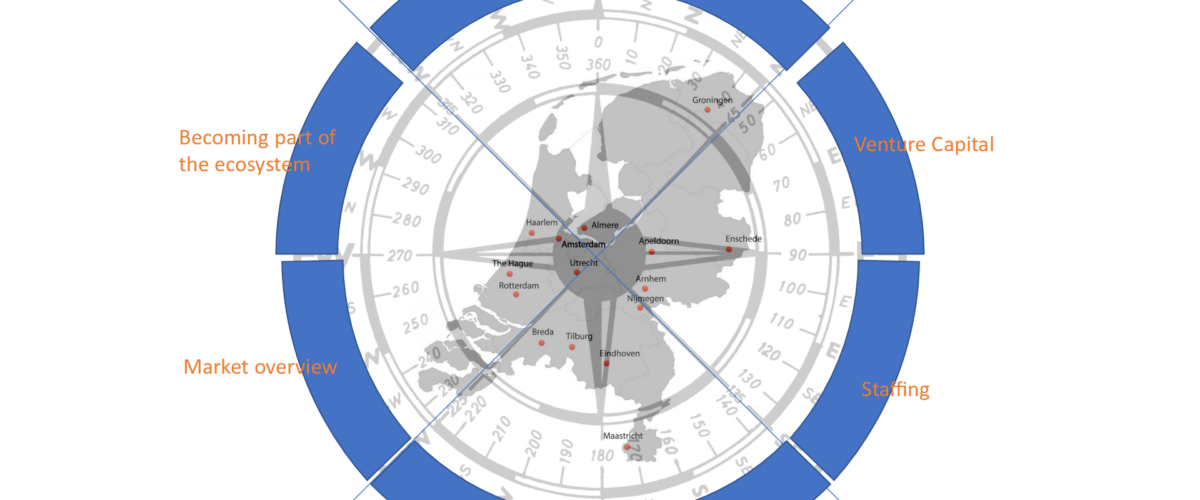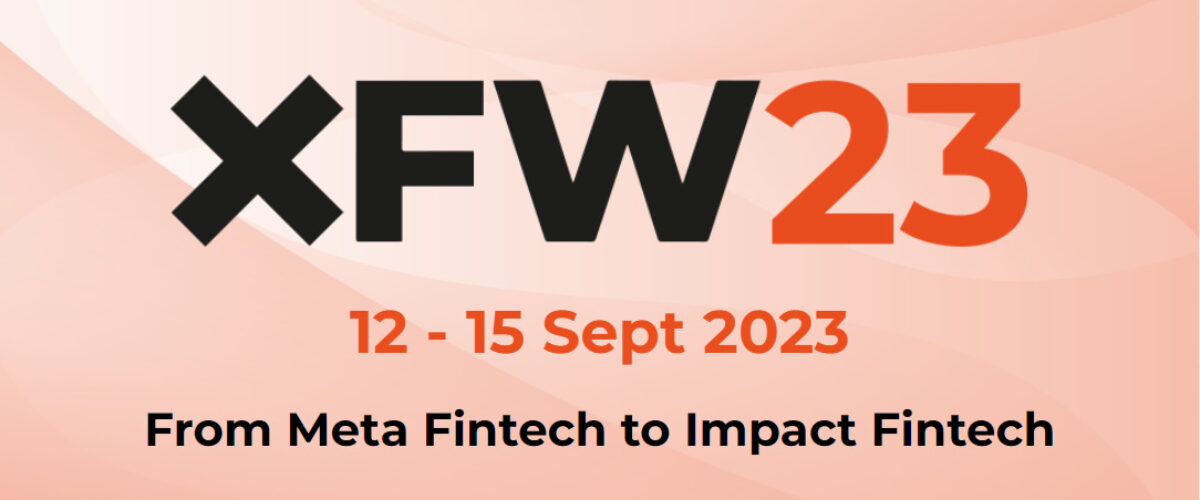The fintech industry is rapidly evolving and disrupting traditional financial systems. In this article, we bring you the latest research insights to help you stay ahead of the curve and understand the future of financial technology. Enjoy researching!
Subdued Growth, Multiple Challenges (World Bank)
According to the World Bank report, global economic growth is expected to slow down due to factors such as tight monetary policy, restrictive financial conditions, and weak global trade and investment. There are downside risks, including the possibility of an escalation in the Middle East conflict, financial stress, persistent inflation, trade fragmentation, and climate-related disasters. To address these challenges, global cooperation is essential for debt relief, trade integration, climate change mitigation, and addressing food insecurity. Emerging market and developing economies, especially commodity exporters, face challenges related to fiscal policy and volatility. It is crucial for all these economies to implement proper macroeconomic and structural policies and maintain well-functioning institutions to boost investment and improve long-term prospects. Read more
EIF Working Paper 2024/97, Addressing Financial and Digital Literacy Challenges for Inclusive Finance: insights from Microfinance Institutions and FinTech Organisations. (EIF)
This paper explores the strategies employed by European microfinance institutions (MFIs) and inclusive FinTech organizations to tackle financial and digital illiteracy among vulnerable customers. Both entities prioritize personalized financial education, training, and coaching but employ distinct approaches. The study underscores the pivotal role of support teams in enhancing literacy and advocates for a balanced approach between digitalization and human interaction. The findings emphasize the importance of governmental and EU educational initiatives. This research is part of the “Strengthening Financial Inclusion through Digitalisation” (SFIDE) project, supported by the EIB Institute under the EIB-University Sponsorship Programme (EIBURS). The project aims to enhance the efficiency of the inclusive finance sector through technological and financial innovation, identifying and promoting best practices. The EIF Working Papers serve to share insights with a broader audience and are typically authored or co-authored by EIF staff, reflecting the organization’s commitment to advancing inclusive finance. Read more
Geopolitics and the geometry of global trade (McKinsey & Company)
McKinsey’s massive report highlights a reconfiguration of global trade patterns, with shifts in geopolitical and geographic trade distances. Trade between distant economies contributes significantly to globally concentrated products, comprising almost 20% of global goods trade but nearly 40% of trade in such products. Since 2017, China, Germany, the UK, and the US have reduced their geopolitical trade distances, while ASEAN, Brazil, and India show increased trade across geopolitical spectrums. Greenfield investment has shifted to developing economies, with notable increases in Africa and India. Future trade reconfiguration involves trade-offs, such as reducing geopolitical distance leading to increased trade concentration. Business leaders are advised to navigate uncertainty by gaining insights, scenario planning, strategic actions, and geopolitical awareness. Read more
Technology is creating new fraud frontiers - but consumers don’t want AI to protect them (Comply Advantage)
ComplyAdvantage’s “The State of Financial Crime 2024” report highlights widespread consumer concern about fraud, with 89% expressing worry but only 40% comfortable with banks using AI for financial crime prevention. The criminal use of AI is identified as an emerging threat, with 66% of financial industry respondents recognizing its potential for cybersecurity risks. Despite financial institutions investing in technology to counter AI-based threats, only 53% prioritize explaining their AI usage to customers. Millennials are the hardest hit by fraud, with 31% reporting victimization in the last three years. The report recommends a focus on explainability in AI, balancing digitalization with customer understanding, and anticipates increased regulatory attention on authorized push payment programs in 2024. ComplyAdvantage is acknowledged for its role in providing AI-driven financial crime risk data and fraud detection technology. Read more
Is there a need for more regulation within ESG? (Fintech Global)
The importance of Environmental, Social, and Governance (ESG) in business is rising due to customer demands and evolving regulations. The lack of standardization in ESG rules poses challenges globally, as achieving alignment across existing ESG regulations is essential for clarity and impact. As such, efforts like the International Sustainability Standards Board (ISSB) aim to standardize ESG reporting. Increased regulation in ESG is expected, focusing on standardization, reporting, and integration into financial regulations. However, a risk of a tick-box approach and challenges for smaller companies may arise. Over the next five years, regulators are likely to prioritize disclosure and ESG data quality, with global coordination efforts. Industry-specific rules may create disharmony and trade disputes, so global collaboration is crucial for an efficient systemic change toward sustainability. Read more
-
Do you have any news to share? Please put [email protected] on your press list.
Curious to read and find out more from fintech? Then subscribe & read our full newsletters here. In order to see our other weekly highlights, check out the following links: analysis & opinion



